
SCARS Institute’s Encyclopedia of Scams™ Published Continuously for 25 Years

What is Trauma Bias?
Trauma bias is a type of cognitive bias that can occur when people have preconceived notions or beliefs about trauma and its effects.
This bias can influence how people perceive, interpret, and respond to traumatic events and the people who have experienced them.
For example, someone who has trauma bias may believe that trauma only affects certain groups of people, such as soldiers or victims of abuse. They may also believe that trauma has a uniform set of symptoms and effects, and that anyone who has experienced trauma should be able to “just get over it.”
These beliefs can lead people with trauma bias to dismiss or minimize the experiences and struggles of others who have been through trauma, and they can prevent these individuals from receiving the support and help they need.
Trauma bias can also affect how mental health professionals diagnose and treat trauma.
For example, a therapist with trauma bias may overlook or dismiss certain symptoms of trauma, or they may use a one-size-fits-all approach to treatment that is not tailored to the needs of their clients. This can result in inadequate or ineffective treatment, which can further harm the person who has experienced trauma. This is why SCARS recommends that victims should find a trauma counselor or therapist, who is fluent in trauma and its treatments.
Overall, trauma bias can be harmful and damaging to people who have experienced trauma. It is important for individuals and professionals to be aware of and challenge their own biases in order to provide accurate, compassionate, and effective support to those who have been through trauma.
How Does Trauma Bias Manifest Itself?
Trauma bias can manifest in a number of ways, depending on the individual and their beliefs and attitudes about trauma.
Some common ways that trauma bias can manifest include:
- Dismissing or minimizing the experiences and struggles of people who have experienced trauma. For example, someone with trauma bias may say that someone who has been through a traumatic event is “overreacting” or “being dramatic.”
- Believing that trauma only affects certain groups of people, such as soldiers or victims of abuse. This belief can lead people with trauma bias to ignore or dismiss the experiences of people who have been through a trauma but do not fit their preconceived notions of who is affected by trauma.
- Believing that trauma has a uniform set of symptoms and effects, and that anyone who has experienced trauma should be able to “just get over it.” This belief can lead people with trauma bias to downplay the severity and impact of trauma, and it can prevent people who have been through trauma from receiving the support and help they need.
- Using a one-size-fits-all approach to treatment that is not tailored to the needs of people who have experienced trauma. For example, someone with trauma bias may use the same treatment plan for all of their clients, regardless of their individual experiences and needs. This can result in inadequate or ineffective treatment.
Overall, trauma bias can manifest in a variety of ways, and it can have negative consequences for people who have experienced trauma. It is important for individuals and professionals to be aware of and challenge their own biases in order to provide accurate, compassionate, and effective support to those who have been through trauma.
How Does Trauma Bias Affect Crime Victims?
Trauma bias can have a number of negative effects on crime victims. For example:
- Trauma bias can prevent victims from receiving the support and help they need. If someone with trauma bias dismisses or minimizes the experiences and struggles of crime victims, they may not provide the necessary support and assistance to help these individuals recover from their trauma. This can prevent victims from accessing resources and services that could help them cope with their experiences and move forward with their lives.
- Trauma bias can make victims feel invalidated and misunderstood. If someone with trauma bias believes that trauma only affects certain groups of people, or that it has a uniform set of symptoms and effects, they may not recognize or acknowledge the unique experiences and challenges of crime victims. This can make victims feel like their experiences and struggles are not valid or important, which can further harm their mental health and well-being.
- Trauma bias can prevent victims from receiving appropriate treatment. If someone with trauma bias uses a one-size-fits-all approach to treatment, they may not be able to provide the individualized care and support that crime victims need. This can result in inadequate or ineffective treatment, which can prevent victims from recovering from their trauma and may even cause additional harm.
- Trauma bias can reinforce harmful stereotypes and stigma. If someone with trauma bias believes that trauma only affects certain groups of people, they may perpetuate stereotypes and biases about these groups. For example, they may stereotype victims of sexual assault as “weak” or “promiscuous,” or they may stereotype victims of domestic violence as “crazy” or “deserving” of the abuse. These stereotypes and biases can further harm crime victims by making them feel judged, blamed, or marginalized.
Overall, trauma bias can have negative and harmful effects on crime victims. It is important for individuals and professionals to be aware of and challenge their own biases in order to provide accurate, compassionate, and effective support to victims of crime.
This article is by:
SCARS™ – Society of Citizens Against Relationship Scams Inc.
A scams & financial fraud crime victims assistance & crime prevention nonprofit organization headquartered in Miami Florida USA & Monterrey NL Mexico, with partners in more than 60 countries worldwide
If you are a Victim sign up for our FREE SCARS Support Groups at support.AgainstScams.org
To learn more about SCARS, or to Join, Volunteer, or Donate visit: AgainstScams.org
To see Scammer Photos visit www.ScammerPhotos.com
Contact Us: Contact@AgainstScams.org
-/ 30 /-
What do you think about this?
Please share your thoughts in a comment below!
LEAVE A COMMENT?
Thank you for your comment. You may receive an email to follow up. We never share your data with marketers.
Recent Comments
On Other Articles
- on Love Bombing And How Romance Scam Victims Are Forced To Feel: “I was love bombed to the point that I would do just about anything for the scammer(s). I was told…” Feb 11, 14:24
- on Dani Daniels (Kira Lee Orsag): Another Scammer’s Favorite: “You provide a valuable service! I wish more people knew about it!” Feb 10, 15:05
- on Danielle Delaunay/Danielle Genevieve – Stolen Identity/Stolen Photos – Impersonation Victim UPDATED 2024: “We highly recommend that you simply turn away form the scam and scammers, and focus on the development of a…” Feb 4, 19:47
- on The Art Of Deception: The Fundamental Principals Of Successful Deceptions – 2024: “I experienced many of the deceptive tactics that romance scammers use. I was told various stories of hardship and why…” Feb 4, 15:27
- on Danielle Delaunay/Danielle Genevieve – Stolen Identity/Stolen Photos – Impersonation Victim UPDATED 2024: “Yes, I’m in that exact situation also. “Danielle” has seriously scammed me for 3 years now. “She” (he) doesn’t know…” Feb 4, 14:58
- on An Essay on Justice and Money Recovery – 2026: “you are so right I accidentally clicked on online justice I signed an agreement for 12k upfront but cd only…” Feb 3, 08:16
- on The SCARS Institute Top 50 Celebrity Impersonation Scams – 2025: “Quora has had visits from scammers pretending to be Keanu Reeves and Paul McCartney in 2025 and 2026.” Jan 27, 17:45
- on Scam Victims Should Limit Their Exposure To Scam News & Scammer Photos: “I used to look at scammers photos all the time; however, I don’t feel the need to do it anymore.…” Jan 26, 23:19
- on After A Scam, No One Can Tell You How You Will React: “This article was very informative, my scams happened 5 years ago; however, l do remember several of those emotions and/or…” Jan 23, 17:17
- on Situational Awareness and How Trauma Makes Scam Victims Less Safe – 2024: “I need to be more observant and I am practicing situational awareness. I’m saving this article to remind me of…” Jan 21, 22:55
ARTICLE META
Important Information for New Scam Victims
- Please visit www.ScamVictimsSupport.org – a SCARS Website for New Scam Victims & Sextortion Victims
- Enroll in FREE SCARS Scam Survivor’s School now at www.SCARSeducation.org
- Please visit www.ScamPsychology.org – to more fully understand the psychological concepts involved in scams and scam victim recovery
If you are looking for local trauma counselors please visit counseling.AgainstScams.org or join SCARS for our counseling/therapy benefit: membership.AgainstScams.org
If you need to speak with someone now, you can dial 988 or find phone numbers for crisis hotlines all around the world here: www.opencounseling.com/suicide-hotlines
A Note About Labeling!
We often use the term ‘scam victim’ in our articles, but this is a convenience to help those searching for information in search engines like Google. It is just a convenience and has no deeper meaning. If you have come through such an experience, YOU are a Survivor! It was not your fault. You are not alone! Axios!
A Question of Trust
At the SCARS Institute, we invite you to do your own research on the topics we speak about and publish, Our team investigates the subject being discussed, especially when it comes to understanding the scam victims-survivors experience. You can do Google searches but in many cases, you will have to wade through scientific papers and studies. However, remember that biases and perspectives matter and influence the outcome. Regardless, we encourage you to explore these topics as thoroughly as you can for your own awareness.
Statement About Victim Blaming
SCARS Institute articles examine different aspects of the scam victim experience, as well as those who may have been secondary victims. This work focuses on understanding victimization through the science of victimology, including common psychological and behavioral responses. The purpose is to help victims and survivors understand why these crimes occurred, reduce shame and self-blame, strengthen recovery programs and victim opportunities, and lower the risk of future victimization.
At times, these discussions may sound uncomfortable, overwhelming, or may be mistaken for blame. They are not. Scam victims are never blamed. Our goal is to explain the mechanisms of deception and the human responses that scammers exploit, and the processes that occur after the scam ends, so victims can better understand what happened to them and why it felt convincing at the time, and what the path looks like going forward.
Articles that address the psychology, neurology, physiology, and other characteristics of scams and the victim experience recognize that all people share cognitive and emotional traits that can be manipulated under the right conditions. These characteristics are not flaws. They are normal human functions that criminals deliberately exploit. Victims typically have little awareness of these mechanisms while a scam is unfolding and a very limited ability to control them. Awareness often comes only after the harm has occurred.
By explaining these processes, these articles help victims make sense of their experiences, understand common post-scam reactions, and identify ways to protect themselves moving forward. This knowledge supports recovery by replacing confusion and self-blame with clarity, context, and self-compassion.
Additional educational material on these topics is available at ScamPsychology.org – ScamsNOW.com and other SCARS Institute websites.
Psychology Disclaimer:
All articles about psychology and the human brain on this website are for information & education only
The information provided in this article is intended for educational and self-help purposes only and should not be construed as a substitute for professional therapy or counseling.
While any self-help techniques outlined herein may be beneficial for scam victims seeking to recover from their experience and move towards recovery, it is important to consult with a qualified mental health professional before initiating any course of action. Each individual’s experience and needs are unique, and what works for one person may not be suitable for another.
Additionally, any approach may not be appropriate for individuals with certain pre-existing mental health conditions or trauma histories. It is advisable to seek guidance from a licensed therapist or counselor who can provide personalized support, guidance, and treatment tailored to your specific needs.
If you are experiencing significant distress or emotional difficulties related to a scam or other traumatic event, please consult your doctor or mental health provider for appropriate care and support.
Also read our SCARS Institute Statement about Professional Care for Scam Victims – click here to go to our ScamsNOW.com website.


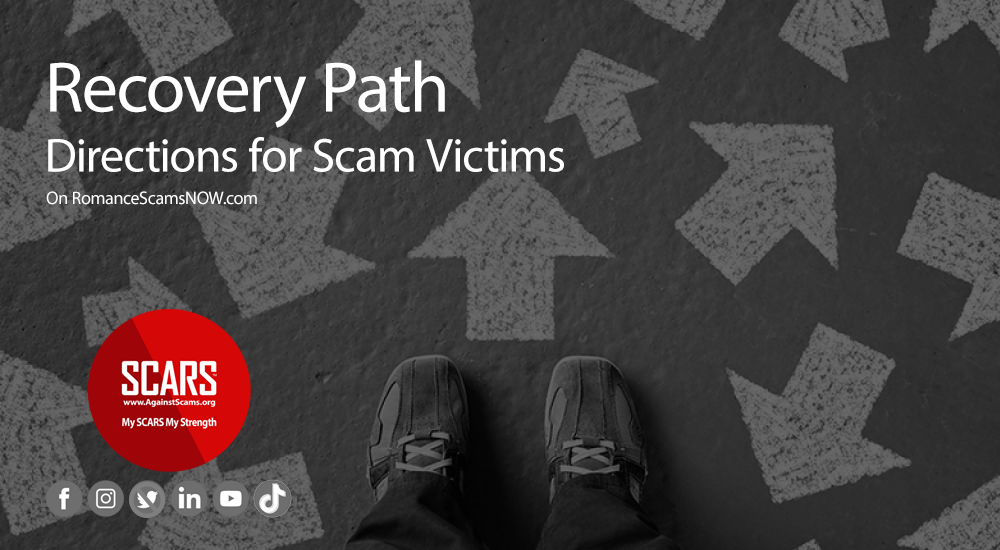

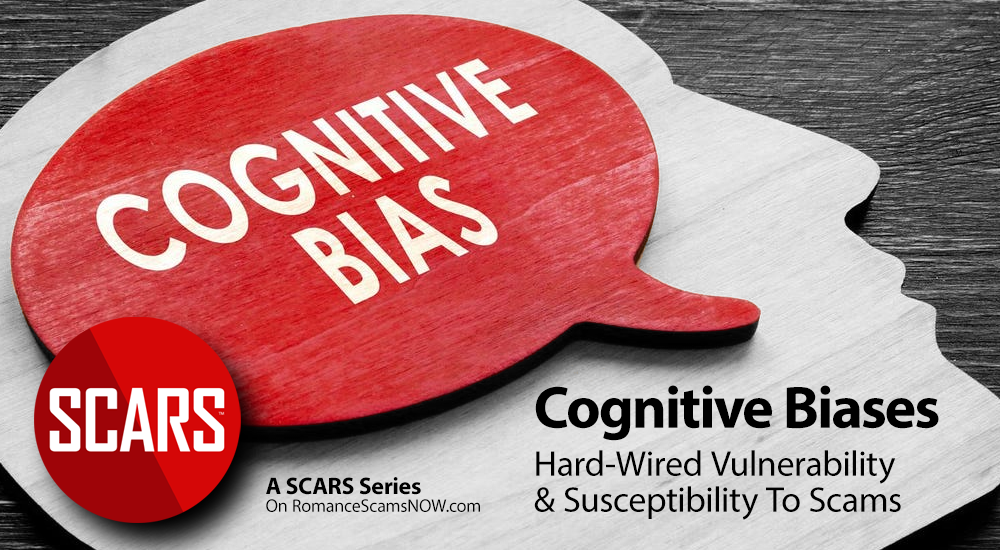

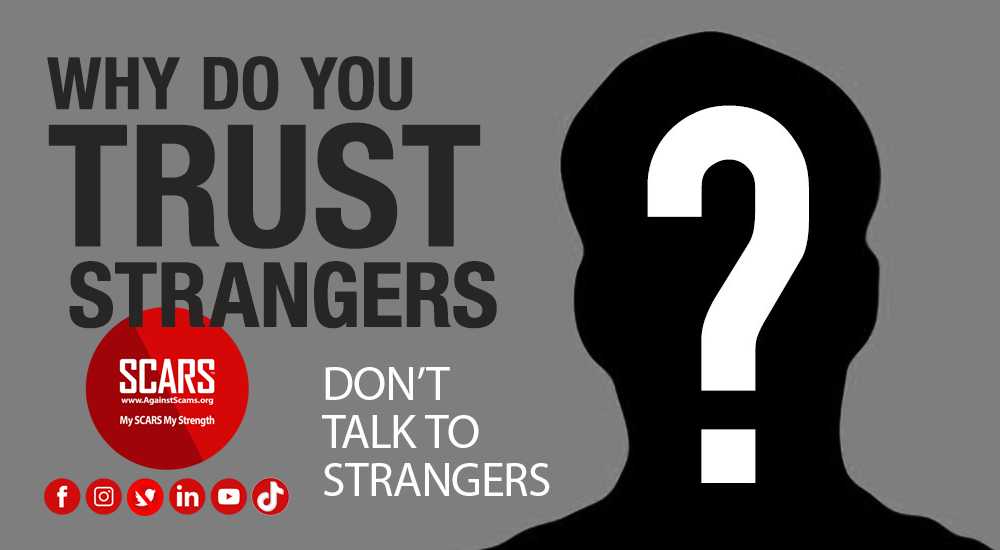
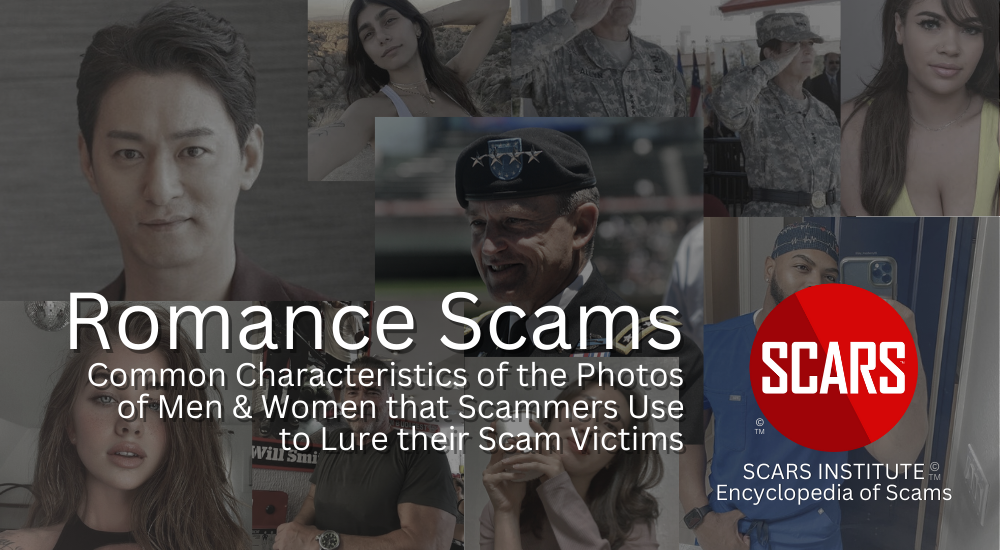
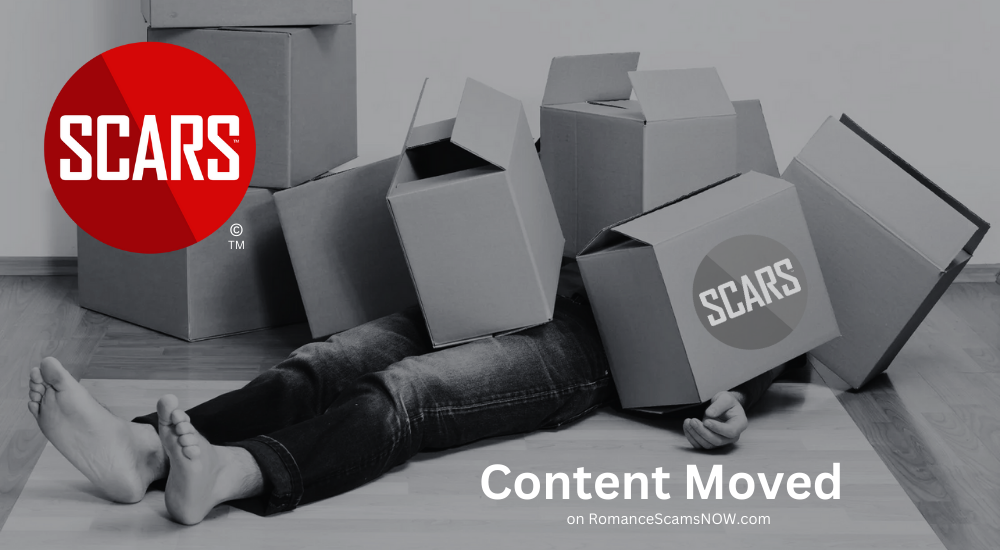
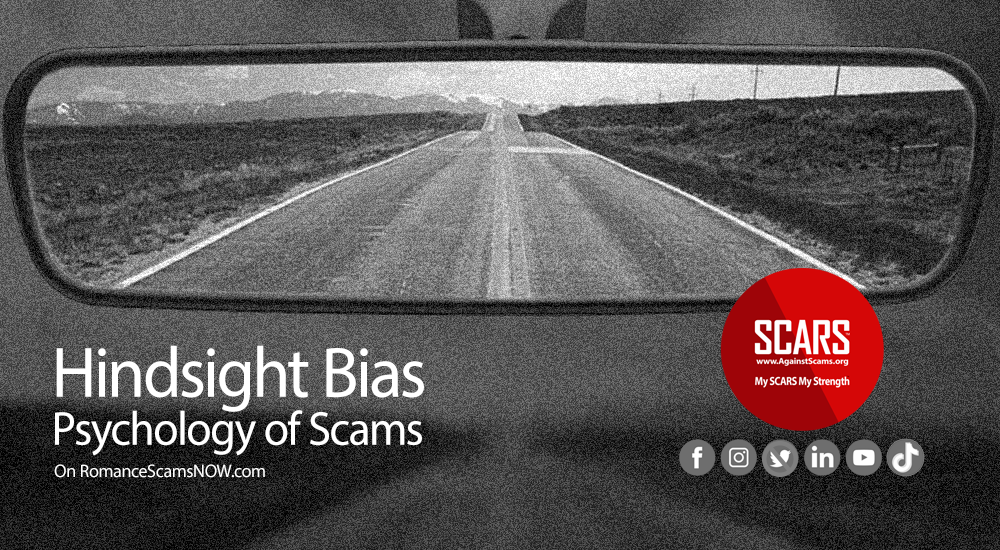
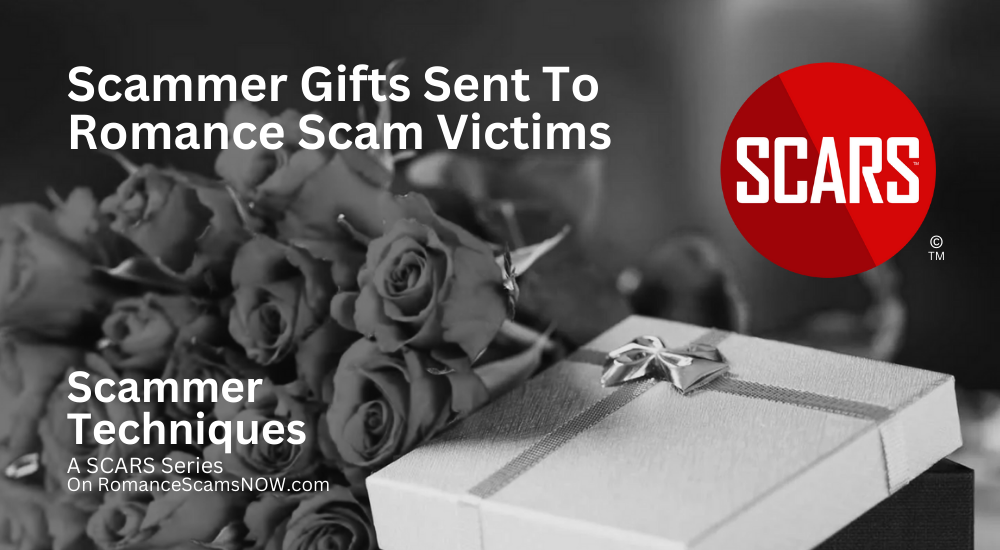
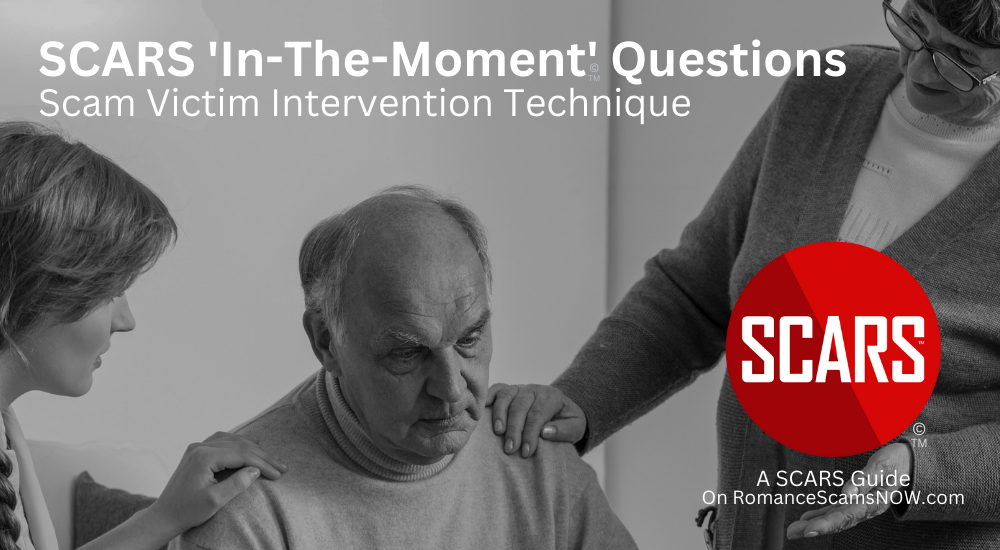











Thank you team for this article. It helped to read this description of trauma bias. It helped to understand that some people have a profound response to trauma that can lead to misunderstanding a client and that client’s needs.
Trauma can manifest differently to different people. For me when the subject of brain (tissues) comes up, my body remembers and instantly creates a trauma-like sensation from something I witnessed in my formative years. As time passes, the experience may dull the senses, but not forgotten.
Whether it’s trauma or other life challenges, we all have our own story.We should all be kind to each other as you never know what someone has been through.